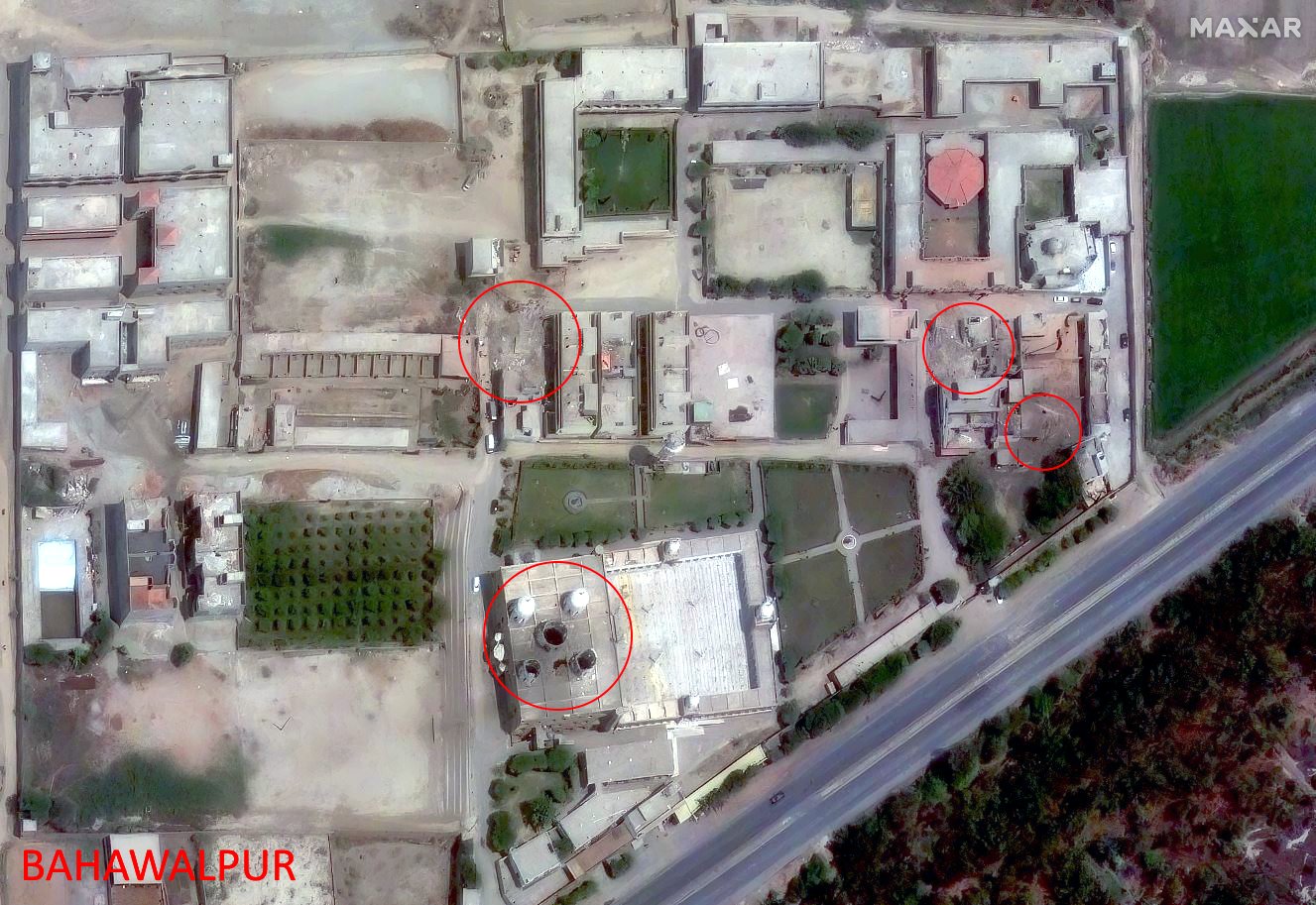Dear reader, Punjab and Uttarakhand vote today. So do 59 seats in the third phase of polling in Uttar Pradesh, where a tough battle is raging between the BJP and SP, with the BSP making it a triangular contest in some seats. The contest in UP is keenly watched since the outcome there could have national ramifications — in 2017, the BJP won 312 out of 403 assembly seats. The BJP’s exceptional success in 2017 was built on a range of factors, mainly Hindutva politics that combined communal polarisation, nationalism, development and the promise of better law and order. The party was successful in blunting caste and economic divides and consolidating various communities within a Hindu identity — the other promises supplemented this big idea. Prime Minister Narendra Modi’s charisma, the Sangh Parivar’s mobilisation capabilities and messaging skills, anti-incumbency against SP, etc. contributed to the BJP’s massive mandate. Five years down the line, can the BJP repeat its 2017 success? Is its Hindu vote intact or have caste and economic fault lines re-emerged to unravel the social coalition it had stitched around a Hindutva agenda? How much has the destruction caused by the pandemic dented the BJP’s vote base? Will the BJP be able to duck anti-incumbency and retain office, something no party has done in UP since the Congress in 1984? Any setback in UP, which sends 80 MPs to the Lok Sabha, would upset the BJP’s plans for the 2024 general election and energise the Opposition. Arati R Jerath and Peter Ronald DeSouza write about elections in UP polls against this backdrop. In her article (‘The bread-and-butter test’, February 15), Jerath asks: “Can politics be firewalled from the economy with a steady diet of muscular majoritarianism and tired old tropes about the Congress?” She argues that “the outcome in UP will either bolster the BJP’s conviction that its heady Hindutva cocktail trumps bread-and-butter issues or it will present the Opposition with a platform to put up a convincing fight in the next general election, provided it can craft message from UP into an effective slogan”. She draws attention to data that suggests a massive rise in poverty levels since 2017 — the twin shocks of demonetisation and Covid have forced a rise in unemployment, fall in incomes — but reminds readers that politics generally trumps economics in Indian elections. She writes: “Elections in India have been fought traditionally on emotive appeals rather than economic issues. UP, in particular, has been trapped in the Mandal-Kamandal paradigm for more than three decades now, with identity and communal motifs dominating the narrative in every poll.” Peter Ronald DeSouza (‘The churn in UP’, February 18) spots a deepening of democracy in the contours of the contest in UP. He argues that the party system in the state is undergoing a change. The single-party dominance that emerged in 2017 has changed to a two-party system, with the SP regaining lost ground. Political parties are forced to acknowledge community leaders, who seem to represent specific caste constituencies that stay loyal to them and travel with them. This compels parties to adopt a politics of accommodation than stick with “a politics of imposition, the will of open supremo, to a politics of deliberation, the will of many small supremos”. He also believes that the BJP’s ability to control the narrative has weakened. A fourth factor that DeSouza flags is the exit of leaders from the BJP to other outfits. This is unusual for he says that since 2014, party-hopping has been mostly in one direction, and those who joined the BJP stayed. This breakdown in loyalty and willingness to find a voice and exit the outfit suggests a return to normal politics, which according to DeSouza, is a welcome correction. The opinion section also published a wide range of commentaries on the hijab issue — Jyoti Punwani (‘Shah Bano, Not Shah Bano’, February 15), Shayma (‘The girls at the college gate’, February 17), Javed Anand (‘Hijacked by hijab’, February 18) and Balbir Punj — over the week. We marked the passing of Rahul Bajaj with an editorial (‘Hamara Bajaj’, February 14) and articles by Anu Agha (‘He spoke his mind’, February 14) and Naushad Forbes (‘One who joined the dots’, February 15). Pratiksha Baxi (‘Decongesting prisons’, February 14) drew attention to the state of Indian prisons and flagged the mass incarceration of undertrials even during the pandemic. On Saturday morning, we at the Indian Express, lost a dear colleague, Ravish Tiwari, to cancer. Ravish helmed the Express news bureau and anchored our coverage of politics. We will miss him. Thank you Amrith | 
No comments:
Post a Comment